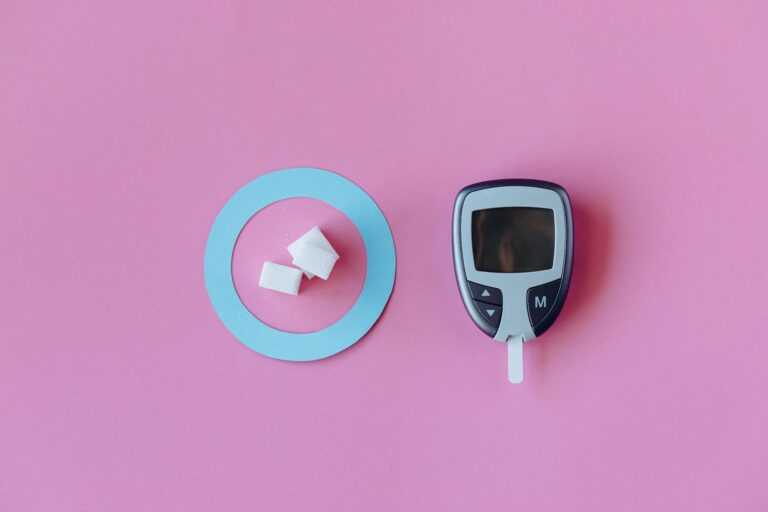Dementia is a progressive condition that affects millions of people worldwide. It is a broad term used to describe a decline in mental ability, including memory loss, language and communication skills, problem-solving abilities, and overall thinking skills. As the condition progresses, it can become increasingly challenging for individuals with dementia to live independently and safely. This poses a significant concern for family members and caregivers who may not always be available to provide immediate assistance. In such cases, a medical alert system can be a lifesaving tool for dementia patients.
What is Dementia Emergency Response?
Dementia emergency response is a system that uses technology to provide quick and reliable assistance to patients with dementia in case of an emergency. It involves the use of a medical alert system, which typically comprises a wearable device with an emergency button and a base unit with a speaker and microphone. When the emergency button is pressed, the base unit connects the patient with a monitoring center, where trained operators can assess the situation and alert the appropriate emergency services.
Why is it Important?
For individuals living with dementia, emergencies can occur at any time and can be life-threatening. They may forget to take their medication, wander off and get lost, or even suffer from falls or medical conditions like heart attacks or strokes. In such scenarios, immediate response is crucial, and this is where a medical alert system comes in. It provides peace of mind to both the patient and their loved ones by ensuring that help is just one button away.
How Does it Work?
A medical alert system for dementia patients works by providing quick access to help when needed. The first step is to set up the system by installing the base unit in a central location at home and connecting it to a phone line or cellular network. The patient wears a lightweight device, typically in the form of a pendant or wristband, with an emergency button that they can easily press in case of an emergency.
When the button is pressed, the base unit is activated, and a call is made to the monitoring center. The trained operators at the monitoring center will then communicate with the patient through the base unit’s speaker and microphone and assess the situation. If necessary, they can also contact emergency services, family members, or caregivers.
Benefits of a Medical Alert System for Dementia Patients
1. Quick Response Time: In case of an emergency, every second matters. With a medical alert system, help can be summoned immediately with just a push of a button. This can be especially crucial for patients with dementia who may not be able to communicate their needs or whereabouts clearly.
2. Peace of Mind: For both patients and their loved ones, a medical alert system provides peace of mind. Knowing that there is always someone available to provide assistance can alleviate the stress and anxiety associated with caring for a loved one with dementia.
3. Independence: A medical alert system allows patients to maintain their independence while still having access to help when needed. This can boost their confidence and sense of control over their lives.
4. Cost-effective: Compared to round-the-clock in-home care or assisted living facilities, a medical alert system is a more affordable option for families. It can also help prevent expensive emergency room visits by providing timely assistance in case of a fall or other medical emergencies.
5. Easy to Use: Medical alert systems are designed to be user-friendly, especially for elderly individuals with dementia. The devices are lightweight and waterproof, making them comfortable to wear at all times.
Important Features to Consider
1. Fall Detection: Falls are a common occurrence among dementia patients, and having a fall detection feature in the medical alert system can be lifesaving. It automatically sends an alert to the monitoring center if a fall is detected, even if the patient is unable to press the button.
2. GPS Tracking: Some medical alert systems come equipped with GPS tracking technology, which can be helpful in locating patients who may wander off or get lost.
3. Two-Way Communication: A medical alert system with two-way communication allows the patient to speak directly with the operator, providing more detailed information about their situation.
4. Battery Life: When choosing a medical alert system, it is essential to consider the battery life of both the wearable device and the base unit. Longer battery life means fewer chances of the system failing when needed.
In conclusion, a medical alert system is an invaluable tool for ensuring the safety and well-being of individuals with dementia. With its quick response time, peace of mind, and affordability, it is a must-have for families caring for a loved one with dementia. By choosing the right system with necessary features, families can provide their loved ones with the support and assistance they need while promoting their independence and quality of life.





